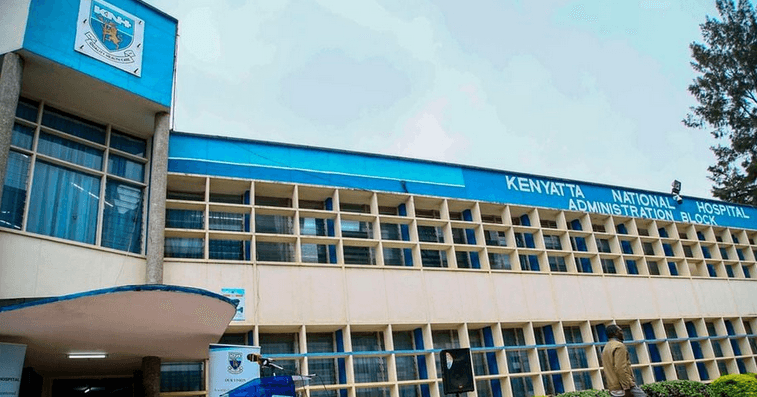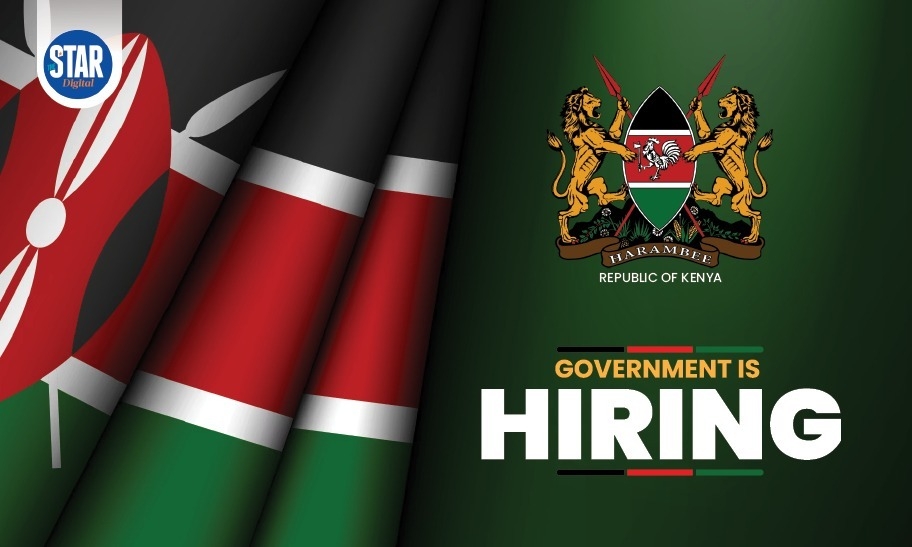County governments in Mt Kenya region have upscaled efforts to adopt agroecology to support food security and reduce chronic diseases.
The Central Region Economic Bloc has organised a meeting for all agriculture executives and directors to discuss ways of entrenching agroecology.
The bloc consists of Murang’a, Nyeri, Kirinyaga, Nyandarua, Nakuru, Laikipia, Embu, Meru, Tharaka Nithi and Kiambu counties.
CEO Ndirangu Gachunia said they realised most counties dedicate between 35 and 40 per cent of their budgets to health to fight high prevalence of diseases.
Gachunia said the most prevalent diseases include cancer, diabetes and hypertension that are related to food.
“We have realised that it's upon county administrations to invest in production of organic and indigenous foods to reduce morbidity,” he said.
The main challenge facing residents is access to healthy farm produce as they are unable to determine the source of the foods they buy in local markets.
The bloc is working on a mechanism that will enable agroecological produce to be traced back to farmers and to certify agroecology farms.
The bloc is also working towards issuing a certificate of origination that will allow locals to trade in the region with reduced barriers.
Gachunia said Cereb is rallying all its finance CECs to review their finance bills and reduce the cost of goods manufactured within the region.
“We are focused on supporting practical ideas that can ease trade and support counties to make life easier for our residents,” he said.
“The cost of distributing manufactured goods in the region is so high. For example, if you cross over from Sagana town in Kirinyaga county to Murang’a with branded goods, you will have to pay a whole year’s license despite the fact that they neighbour each other”.
Speaking at Sabasaba in Murang’a during a visit to an agroecology demonstration farm, Gachunia said they were amazed to see farmers using locally available materials to produce pesticides and manure that are not harmful to the environment.
Institute for Culture and Ecology director Martin Muriuki said the organisation has been at the forefront of promoting agroecology in the country to ensure Kenyans consume healthy food.
ICE was one of the partners that supported Murang’a county to draft and adopt an agroecology development law and policy, making it the first county to venture in agroecology.
“Now we are supporting Cereb to promote the agroecology agenda and we have learnt many lessons. We have had major successes in supporting counties to establish food security and climate resilience within their communities,” Muriuki said.
Murang’a county director of agriculture value chains, policy and strategy Daniel Gitahi, an agroecology champion, said the Mt Kenya region has a huge population that counties should ensure is well fed on healthy foods.
The county, he said, will support its counterparts in the region to ensure they move forward as a block as they establish a master plan for Cereb.
“We are in the process of establishing a master plan and want agroecology to be at the centre for sustainable agriculture,” Gitahi said.
In Murang’a, a multi-stakeholders platform has been established to support food systems transformations that Kenya committed to in the food systems summit of 2021 in New York.
The commitment required countries to support small-scale farmers in growing crops and feeding themselves.
“Many things have been done under agro-ecology nationally, including the target to plant 15 billion trees by 2032 to help in absorbing carbon from the atmosphere,” Gitahi said.
“Our hope is that Mt Kenya region will adopt commitments of the United Nations resolutions and national policies and can use our local agroecology policy to help them comply to the commitments”.
Recently, Gitahi said, stakeholders validated the national agro-ecology strategy for food systems transformation at Kenya Agricultural and Livestock Research Organisation that will set the stage for Kenyans to embrace agroecology nationally.
Hans Von Zinkernagel, a project manager under Biovision, a Swiss organisation that promotes production of healthy foods, said they have been connecting farmers, civil societies and governments in policy making to build an enabling environment for adoption of sustainable practices.
Zinkernagel said it was inspiring that Kenya had put in place a law that guides agroecology saying there have been efforts to upscale healthy food production on the global level.
















